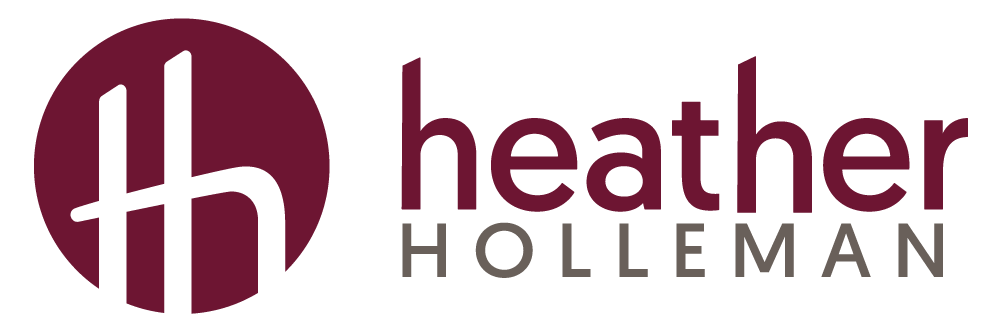When you take the embarrassment away, you can actually learn so many new things. Don’t worry if you don’t understand something. You can learn! You can really learn!
I’m learning to fight any fear or shame if I don’t know something because it’s so much fun to learn. Who cares that you don’t know everything?
For example, I’m currently designing writing curriculum for the Penn State honors students who come from STEM backgrounds (Science, Technology, Engineering, and Math). Technically, this is an advanced technical writing course. I’ve been spending the past few weeks learning all I can to adapt my normal writing courses to teach technical document design, proposals, and research papers in technical fields. At first, I felt overwhelmed, but each day I learn more and more.
I don’t know the language. I don’t know the landscape of an engineer’s brain.
Since I want to understand my students, I find myself researching their fields. In my humanities course, I don’t need to research “film student” or “poet” or “history major” to understand them. But in STEM? I’m researching things like “What’s the difference between a computer scientist and a computer engineer? What does a nuclear engineer do? What’s a day in the life of an aerospace engineer actually like? What kind of writing would a chemical engineer do or a mathematician? What writing instruction best serves an architectural engineer or a future surgeon?
Some of you are laughing because you know me. You know I’m all poetry and verbs and emotions. How will I survive with these students?
Well, I’ll learn.
I’ve read textbooks. I’ve read research articles. I’ve interviewed engineers and scientists and doctors. And now? I’m becoming an expert in technical writing. I’m holding my own in debates between the use of passive voice or active verbs in research articles and lab reports. I’m creating beautiful little worksheets on topic and stress positions in technical writing to make the most complicated engineering article digestible. I’m even learning the lingo of UX (user experience) and things I never knew (like PDF stands for portable document format). Who knew? Maybe I’ll learn some computer programming even.
The bottom line: learn something new this summer. Your brain will love it.
And now? I’m off to design a presentation on how to tell a better research story (yup–I stand by my belief that even scientists need to know how to tell a good story!). I’m calling that unit “Technical Narratives” that helps readers (general public, donors, legislators) care about and understand STEM research. In the end, I wonder if my storytelling aids for scientific minds might just become the best thing they learn.
